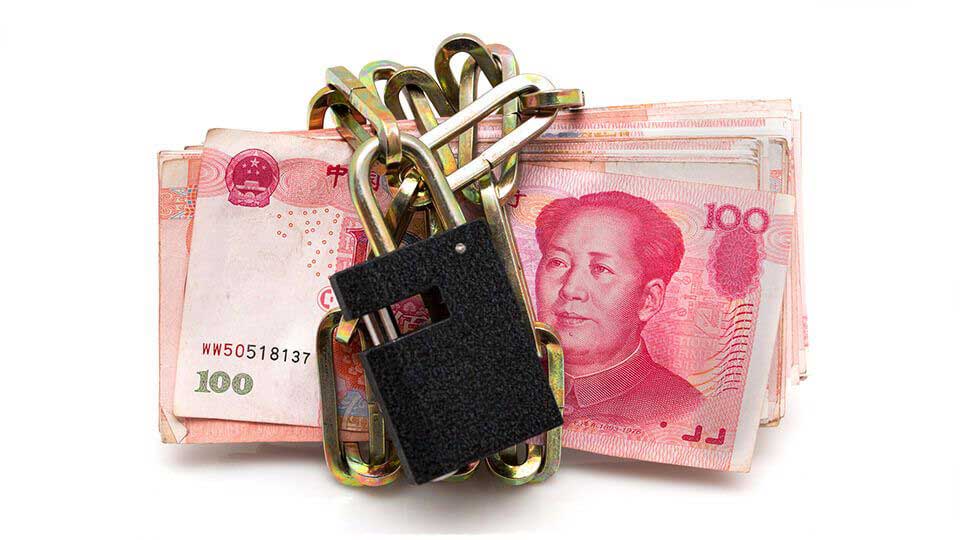
Avoid Tariffs and Duty Obligations Using Duty Drawback, Tariff Engineering, and First Sale
Section 301 tariffs continue to disrupt normal operations as trade tensions with China move into late 2019. Aside from Foreign Trade Zones and Bonded Warehouses, there are several other options available to avoid the tariffs and save on duty obligations.
The following methods will benefit businesses from protectionist trade policies and apply to nearly every country that is affected by those tariffs listed below.
- Section 201 tariffs – solar systems
- Section 232 tariffs – aluminum and steel
- Section 301 tariffs – Chinese originating goods
Importers, exporters, manufacturers, and international businesses should look into these options when moving their goods.
Duty Drawback
Duty Drawback provides up to a 99% refund for certain duties, internal revenue taxes, and fees collected by CBP following importation. Consequently, your business may be entitled to compensation for duties that were paid after importation to the U.S. if you import products into the U.S. and then export back them to another country. The drawback is only granted after the given items have either been exported or destroyed (under CBP supervision).
A customs broker must file a submission to CBP on behalf of the company in order to receive a Duty Drawback. While the drawback can be beneficial, there is a downside. The duty drawback process is detailed and may take several months before monetary compensation is received.
There is also required information that is needed for the process. Proof of the export or destruction is needed as well as proof that the duty was originally paid. To that end, the CBP states that a bill of sale or airway bill is valid proof of export and a CBP Officer must witness the destruction of goods. The claim cannot be substantiated without proof of export or destruction.
Duty Drawback can be applied to Section 301 duties, but not for Section 232 duties. Although, it’s not yet clear if President Trump has the import authority to eliminate drawback from Section 232 duties.
Country of Origin Change
An additional option is to relocate the business operations or sourcing country, the product’s country of origin. It’s beneficial to move the business supply chain to a duty-free nation if the current country of origin has exceedingly higher duties for imports. There can be an initial high cost to relocate but changing the country of origin will allow the business to import the exact same items without paying the additional duties.
However, be aware of the list of nations that have a free-trade agreement with the United States if the business decides to pursue this option. Shifting the business supply chain to another country can alleviate substantial duties but choosing a country that a formal, free and fair-trade agreement with the U.S. will require accountability and reliability.
Many businesses are moving their manufacturing operations out of China and into other Asian countries in order to avoid Section 301 tariffs. While the upfront cost of moving operations may be high, the long-term implications of continuing tariffs and duty obligations may very well equate to more dollars lost.
Duty Drawback and changing the product’s country and origin are two possible tactics to pursue in an effort to reduce the impact of tariffs. These options, and others, should be considered when negotiating trade deals and looking forward. Importers, exporters, manufacturers, and international businesses may continue to lose if trade tensions do not decrease and other options aren’t utilized.
R+L Global Logistics offers consulting through our customs brokerage services and can help you determine if your business is eligible for duty drawback as well as provide tariff updates. Our professional team is highly experienced in import and export customs brokerage, international transportation, tariff reviews, product reviews, and product rulings. They will work to provide a seamless transportation process for you and your business. Chat with our international customer service representatives to get the information you need to avoid tariffs and duty obligations.
